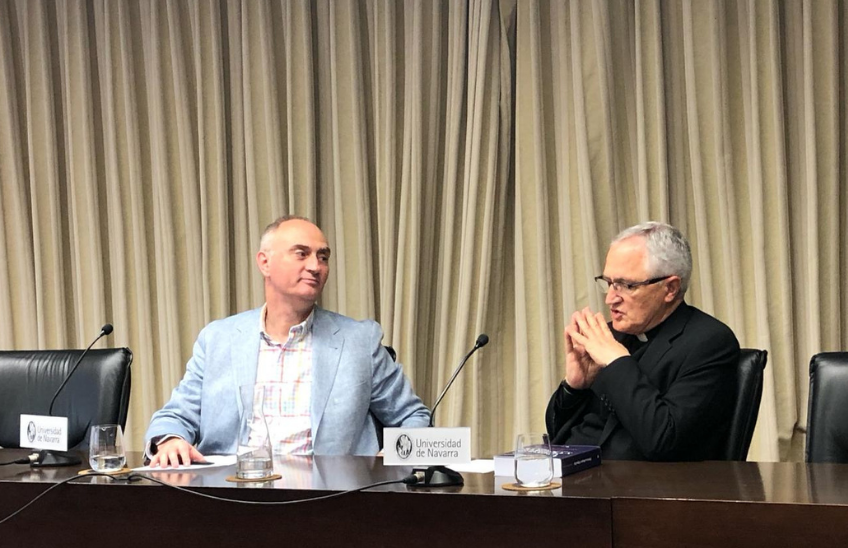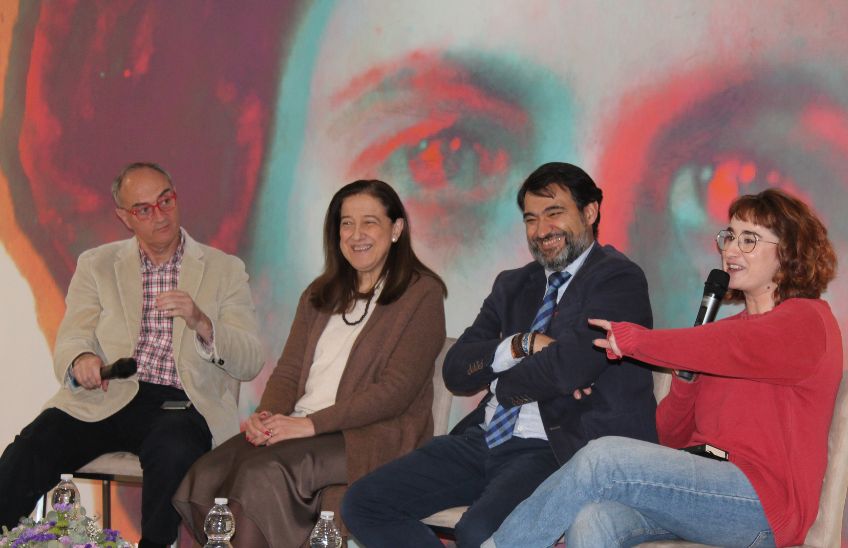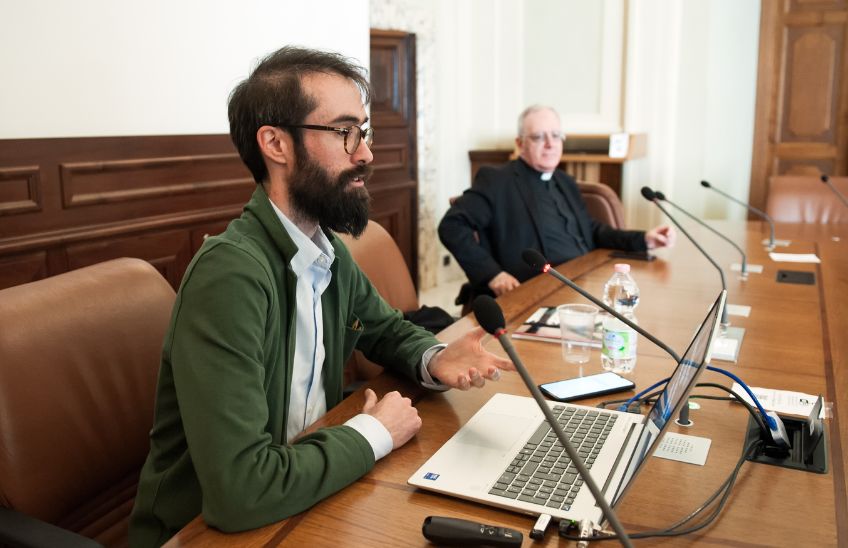congress: Catholic Modernity in the Americas

15 | 04 | 2025
From April 10-12, 2025, the international congress "Catholic Modernity in the Americas. Land, Culture, Politics", in the framework of the 50th anniversary of the Cushwa Center for the Study of American Catholicism. The event brought together more than seventy researchers and experts from different disciplines to reflect, in twenty panels, on Catholic modernity as a global reality, shaped in large part from the former peripheries of the Church, especially in South and North America.
Federico Requena, Deputy Director of the Center programs of study Josemaría Escrivá and director of the journal Studia et Documenta, participated in the event at the invitation of the Cushwa Center and presented a discussion paper entitled "Opus Dei in the U.S. (1946-1961): A Catholic Modernity?". His intervention was part of the panel "Lay Catholic Social and Spiritual Movements," chaired by Peter J. Thuesen (Indiana University Indianapolis).
The presentation analyzed the early years of Opus Dei in the United States (1946-1961) and explored whether its beginnings could be understood as a form of "Catholic modernity" according to the theoretical framework of sociologist Charles Taylor. The discussion paper examined three core topic of this Catholic modernity: the conception of the Catholic as universal with unity in diversity, the relevance of ordinary life, and the negotiation with the modern world. The arrival and growth of Opus Dei in the U.S. was described, highlighting the diversity of its membership, its apostolic activities and the support received from the Catholic hierarchy. It also addressed the early perception of Opus Dei and how its members sought to live their faith in the secular world, maintaining orthodoxy but adopting aspects of American culture. The presentation concluded that this early stage exemplified the characteristics of Taylor's pre-Vatican II Catholic modernity and highlighted the non-linear nature of Catholic modernities.




